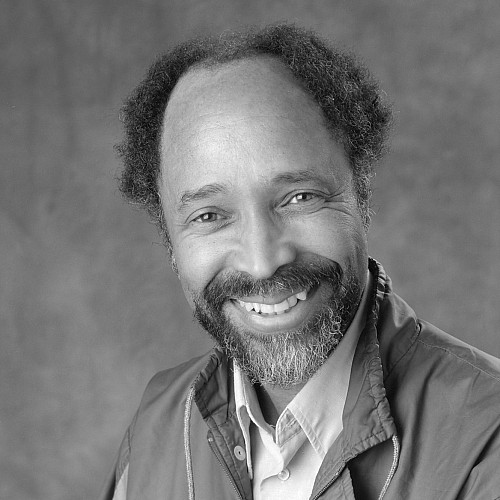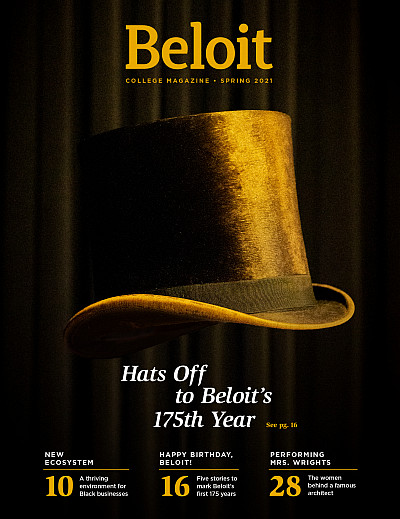A Moment in Computer Science History

Credit: Dan LassiterFaces of computer science pioneers flash across the screen as Professor Darrah Chavey starts each Intro to Object-Oriented Programming class with what he calls a “computer science history moment.”
The five-minute session shows students that despite the computer scientist stereotypes they may know, this field is accessible to all of them.
Chavey shares the stories of people like Lynn Conway, who developed modern techniques to construct complex circuit boards and had to restart her career when she transitioned from male to female. Or Mark Dean, a Black electrical engineer, who holds three of nine patents that all PCs are based on. Or the late Beloiter Clarence “Skip” Ellis’64, a giant in the field of computer science and the first Black Ph.D. recipient in the then-new computer science field.
As a teen, Ellis took a job operating a computer at a manufacturing company, where he discovered his passion for computing. He grew up on the South Side of Chicago and enrolled at Beloit on a scholarship from his church.

Credit: University of Colorado-BoulderIn 1962, when someone donated an IBM computer to Beloit, Ellis and Chemistry Professor Bill Rice set up the machine in the college’s first computer lab. Ellis served as the lab’s student manager and graduated with a double major in physics and mathematics.
After completing his doctorate at the University of Illinois, Ellis went on to a noteworthy career in computer science, working in industry and higher education. He was a pioneer in collaborative technology still widely used in platforms such as Google docs and created user-friendly applications, such as the ability to open a program by clicking on an icon.
As a professor at the University of Colorado-Boulder, Ellis taught introduction to computer science classes and encouraged underrepresented students to consider careers in the field. At Beloit, Chavey carries on that effort, emphasizing through these history moments that the field of computer science needs diverse minds to thrive.




